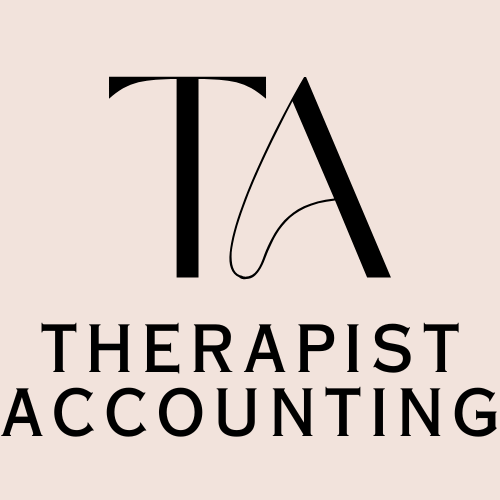Therapists and mental health professionals know that time is precious. Between managing sessions, safeguarding clients, and handling paperwork, financial administration can feel overwhelming. Fortunately, artificial intelligence is reshaping accountancy in ways that directly benefit those in care-focused professions.
Modern AI tools can automate much of the repetitive work that traditionally eats into your evenings – from scanning invoices to tracking expenses and even sending reminders for tax deadlines. This isn’t about replacing your accountant; it’s about creating more time for you to focus on your clients, while ensuring your finances are handled with accuracy and efficiency.
For healthcare professionals, the value of a specialist accountant lies in understanding the nuances of your work – from how therapy practices are structured, to managing irregular income, insurance considerations, and professional expenses. By embracing AI-powered tools, accountants can now go further: providing strategic guidance, helping you plan for growth, and ensuring compliance, all without drowning you in admin.
It’s important to stress that AI isn’t perfect. Financial data still needs human oversight and interpretation. That’s where your accountant comes in – checking, validating, and explaining the figures, so you know where you stand. Think of AI as a silent assistant, and your accountant as the trusted advisor who ensures everything makes sense in context.
For therapists, the result is clear: less time worrying about bookkeeping, more confidence in financial decisions, and the reassurance that your practice is being supported with both modern tools and professional expertise. By combining technology with tailored advice, accountants can give mental health professionals the freedom to concentrate on what they do best – helping others.
